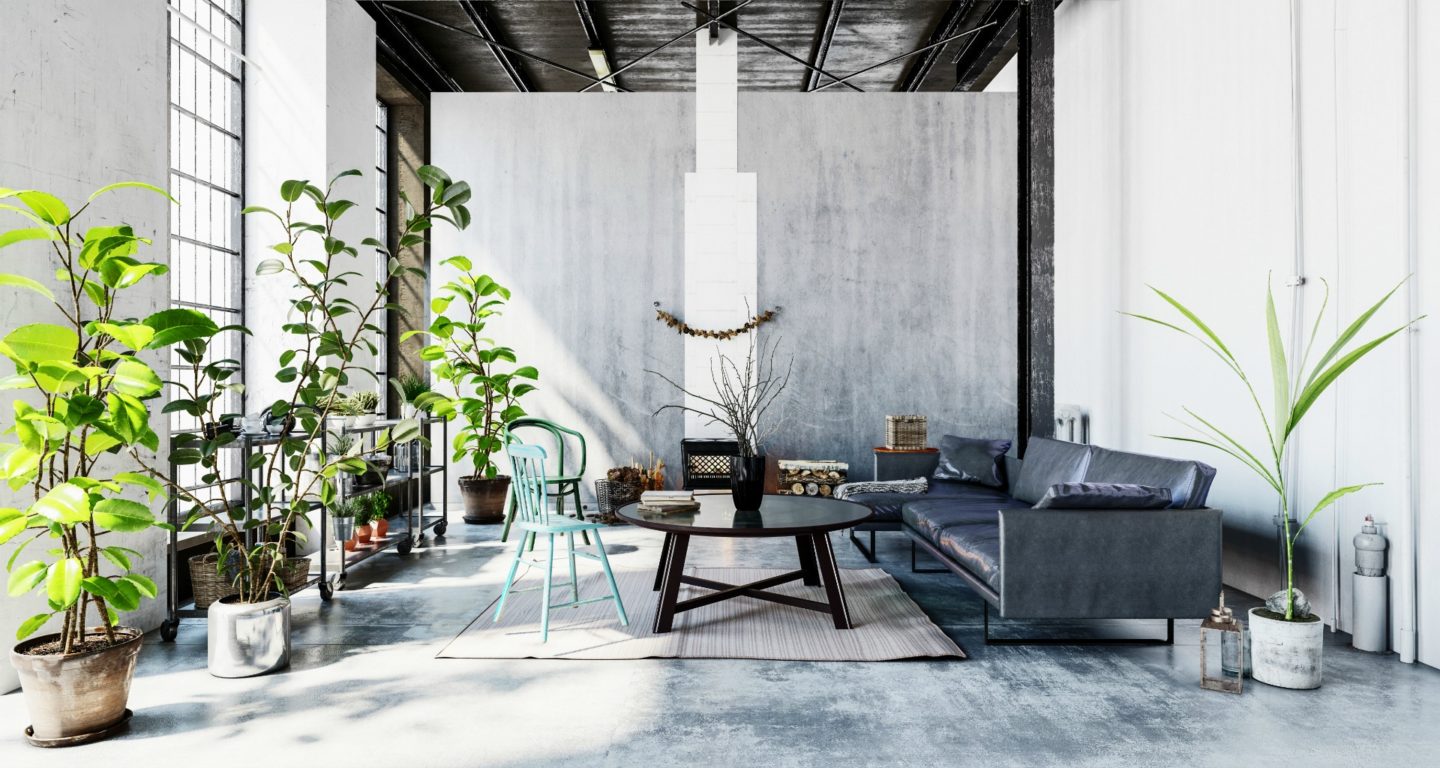Companies everywhere are looking at how they can become greener. One way they’re doing it is by introducing more office plants into their workplaces.
Studies have shown that plants can have a positive effect on the wellbeing and productivity of employees when added to offices. Plus, they can help give your working space a refreshing makeover, with a modern look.
Office plants needn’t be a hassle to care for either, with plenty of varieties suited to different levels of care, whether you’re green-fingered or not.
Our guide will help you decide what are the best office plants for your workspace and discuss the pros and cons of adding them to your office.
What are the best office plants?
We’ve looked at the range of office plants for desks and in the workplace. Here’s a few of our favourites.
- English Ivy – a climbing vine plant that requires medium light and sporadic watering – but may need to be trimmed back occasionally.
- Aloe Plant – an evergreen plant that needs lots of sunlight to thrive – best placed next to a window that sees plenty of sunshine.
- ZZ Plant – a large plant with ladder-shaped leaves – doesn’t require much light and can store lots of water in its large roots.
- Bromeliads – a flowering plant, available in different colours, which can take time to bloom – doesn’t need much fertiliser.
- Swiss Cheese Plant – a plant with lush green leaves that can grow to over 10ft tall, so must be trimmed often – good for spacious offices.
- Chinese Evergreen – a deep green plant that doesn’t need much maintenance or light – beginner friendly as it doesn’t need regular watering.

The pros and cons of office plants
Bringing plants into your office can have a wealth of benefits, such as:
Improving employee wellbeing – Researchers have found that contact with nature in the workplace, through indoor office plants, can help combat stress and promote good health. This can form a part of any business initiatives you may have around mental and physical wellbeing at work – and won’t cost you much either.
Office plants also act as a natural air filter – Some studies have shown that plants can remove harmful toxins in an indoor space. You can contribute to this by adding plants, regularly opening windows and encouraging people to get outside and away from their desks regularly.
Enhancing your office decor – Having plants can spruce up your workplace and show that you’re doing your bit to promote eco-friendly business initiatives.
Plants don’t always get the green light, however. Some of the downsides include:
Regular watering and trimming – You’ll need to decide whether to hire a specialist to care for your plants, or designate plant-care to a few keen employees.
Re-potting and re-planting – depending on the variety of plant you choose this may increase people’s workloads and add extra time to things like office reshuffles or renovations, as it’s one more thing to think about when re-adjusting your workspace.
Having office plants can modernise a workplace’s look – without turning it into a jungle of leaves and vines. It’s worth planning out how you’ll lay them out first though, so you’re not over or under populating your office with them.
Explore articles on how to redesign your office space with our Knowledge Centre.

References:
https://psycnet.apa.org/record/2014-30837-001
https://www.thespruce.com/best-office-plants-4169917
https://www.houseplantsexpert.com/swiss-cheese-plant.html








